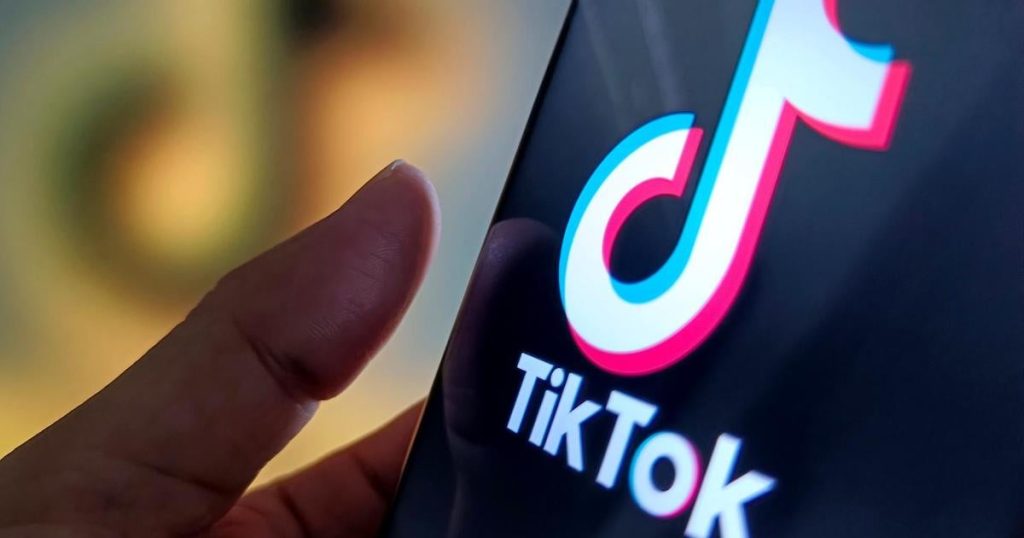TikTok is urging the Supreme Court to deem a new law unconstitutional that could potentially lead to the popular app being banned in the United States. President-elect Donald Trump also filed a brief opposing the ban for the time being and requesting time for political negotiations to resolve the issue. Lawyers for TikTok argue that closing the app would not only silence the platform’s speech but also that of its more than 170 million American users. Meanwhile, the Justice Department defends the law, stating it is in line with the First Amendment and a measure to prevent national security threats posed by Chinese control of TikTok.
The Supreme Court has agreed to hear TikTok’s challenge to the ban, which was passed as part of a foreign aid package in April. The court will consider whether the law violates the First Amendment and has scheduled arguments for early January with a possible ruling soon after. Trump, who expressed support for TikTok during his campaign, has asked the Court to pause the law’s effective date to allow his new administration to negotiate a resolution that addresses national security concerns while preserving the app for its millions of American users. Congress sought to restrict TikTok’s access in the U.S. over concerns about its Chinese ownership and potential data security risks.
Following the deadline set by the law, which requires TikTok to divest from its Chinese parent company or lose access to American app stores and web-hosting services, TikTok argued that divestment was not possible. The platform’s powerful algorithm, which tailors content recommendations to users, was a key asset in the negotiations. TikTok filed a challenge to the law in May, arguing that it violates the First Amendment rights of the platform and its users. Despite their arguments, a panel of judges on the U.S. Court of Appeals found the government’s national security justification for the law to be consistent with the First Amendment.
The panel of judges unanimously agreed that the government’s actions were solely to protect American freedom of speech from foreign adversaries, specifically China, and to limit their ability to gather data on U.S. citizens. The court acknowledged the significant implications the decision would have on TikTok and its users but attributed the burden to the hybrid commercial threat posed by China to U.S. national security, rather than the U.S. government itself. The case has attracted various friend-of-the-court briefs from members of Congress, civil liberties groups, former national security officials, and TikTok users, showcasing the breadth of stakeholders involved in the dispute and the importance of the issues at hand.


